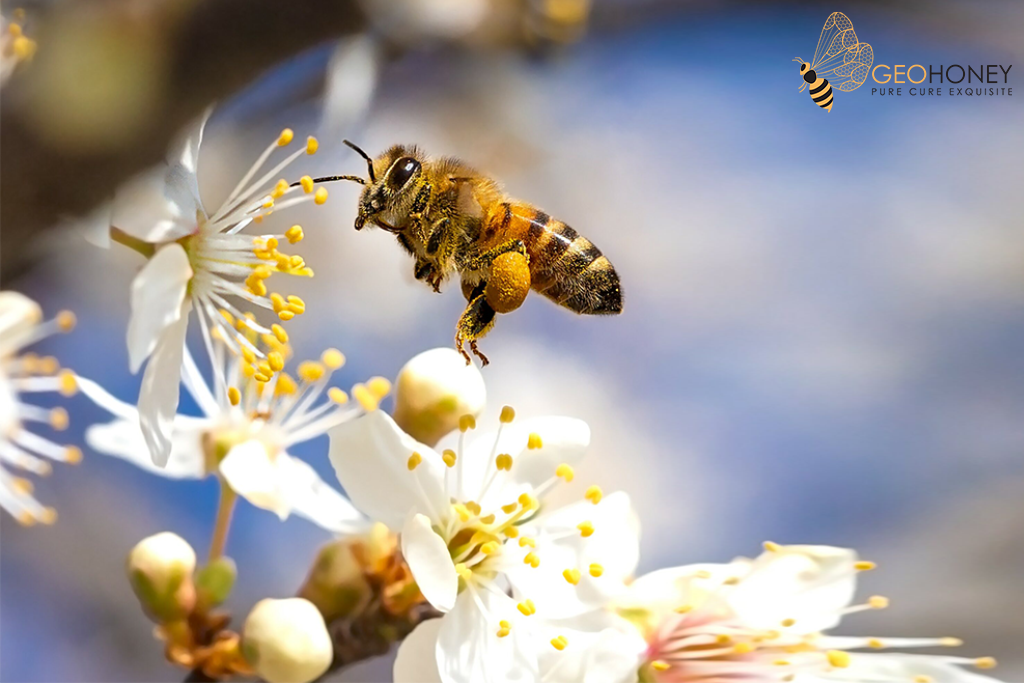- Tokyo: 14:37
- Singapore: 13:37
- Dubai: 09:37
- London: 05:37
- New York: 00:37
Decline in Honey Bee Lifespan: Study Reveals 50% Decrease Since the 1970s

A study conducted by researchers from Maryland University has found that the lifespan of honey bees has decreased by 50% since the 1970s. The study discovered that the average lifespan of caged honey bees was only 17.7 days, compared to 34.3 days in the 1970s, regardless of their diet.
To mimic natural conditions, the researchers added plain water to the caged honey bees' sugar water diet. Despite the change in diet, the average lifespan of the bees was still found to be half of what it was in similar experiments conducted in the 1970s.
The study also found a significant reduction in honey production and a larger colony loss, which is when the majority of worker bees in a honey bee colony disappear. While colony loss is a natural occurrence due to the bees naturally ageing and dying, beekeepers in the US have reported higher loss rates in the past decade and have had to replace bee colonies more frequently to maintain their businesses.
Anthony Nearman, the lead author of the study, suggested that whatever is reducing the honey bees' lifespan is occurring before they emerge as adults and are isolated from colony life. Nearman also proposed a possible solution, stating that if genetic factors can be isolated, longer-lived honey bees could be bred.
The study's findings have significant implications for the beekeeping industry and the environment as a whole. Honey bees play a crucial role in pollination and are essential for the production of a variety of crops. Therefore, addressing the issue of declining honey bee life spans is of utmost importance to maintain the health of our ecosystems and the food supply chain.
Source: https://www.independent.co.uk/



